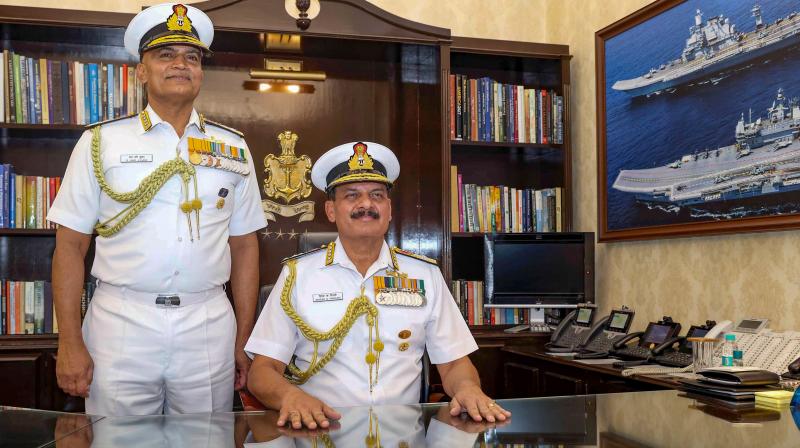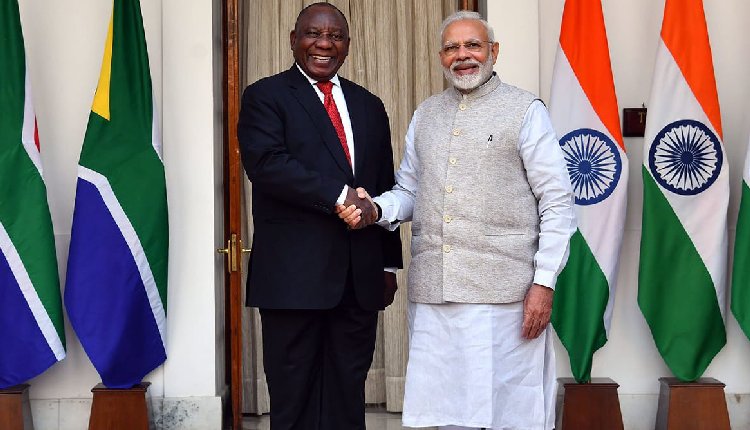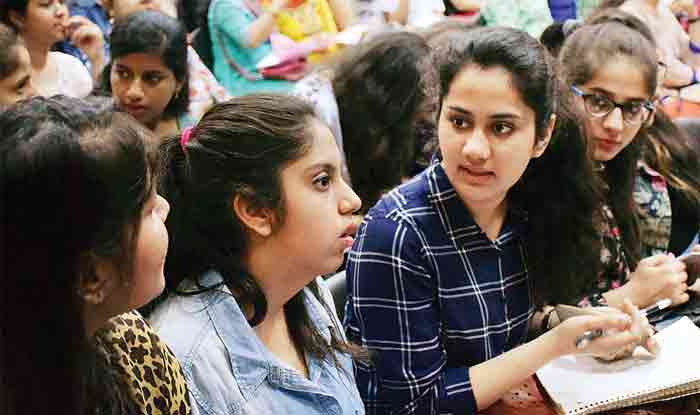The U.S. Supreme Court has dismissed the review petition filed by Pakistani-origin Canadian businessman Tahawwur Rana, clearing the path for his extradition to India. Rana, 63, is accused of playing a key role in the 2008 Mumbai terror attacks that claimed over 160 lives.
 Background on Rana’s Case
Background on Rana’s Case
Rana has been in custody at the Metropolitan Detention Center in Los Angeles since India formally requested his extradition in December 2019. The request was based on charges of his involvement in the attacks, facilitated by the Lashkar-e-Taiba (LeT) terrorist organization. Rana is also closely associated with David Coleman Headley, also known as Daood Gilani, who was one of the masterminds behind the attacks.
Legal Proceedings
India’s diplomatic efforts to extradite Rana began with a provisional arrest request filed in June 2020. The Biden administration supported India’s plea, referencing the 1997 bilateral Extradition Treaty between the two nations. Despite repeated legal challenges, including appeals in lower and federal courts, Rana’s arguments against extradition were consistently rejected.
On November 13, 2024, Rana filed a “petition for a writ of certiorari” before the U.S. Supreme Court, seeking a review of the lower court’s decision. However, the apex court denied his petition on January 21, 2025.
U.S. Government’s Position
U.S. Solicitor General Elizabeth B. Prelogar argued against granting Rana relief from extradition. She emphasized that India’s charges against Rana, such as forgery and use of false information in financial applications, were distinct from the allegations tried earlier in the U.S. courts. The Solicitor General stated that these charges were not covered under the prior proceedings in Illinois, where Rana was acquitted.
What’s Next?
With the Supreme Court’s denial of his petition, Rana is now set to be extradited to India, where he will face trial for his alleged involvement in one of the most devastating terror attacks in the country’s history.
This development marks a significant milestone in India’s pursuit of justice for the victims of the




